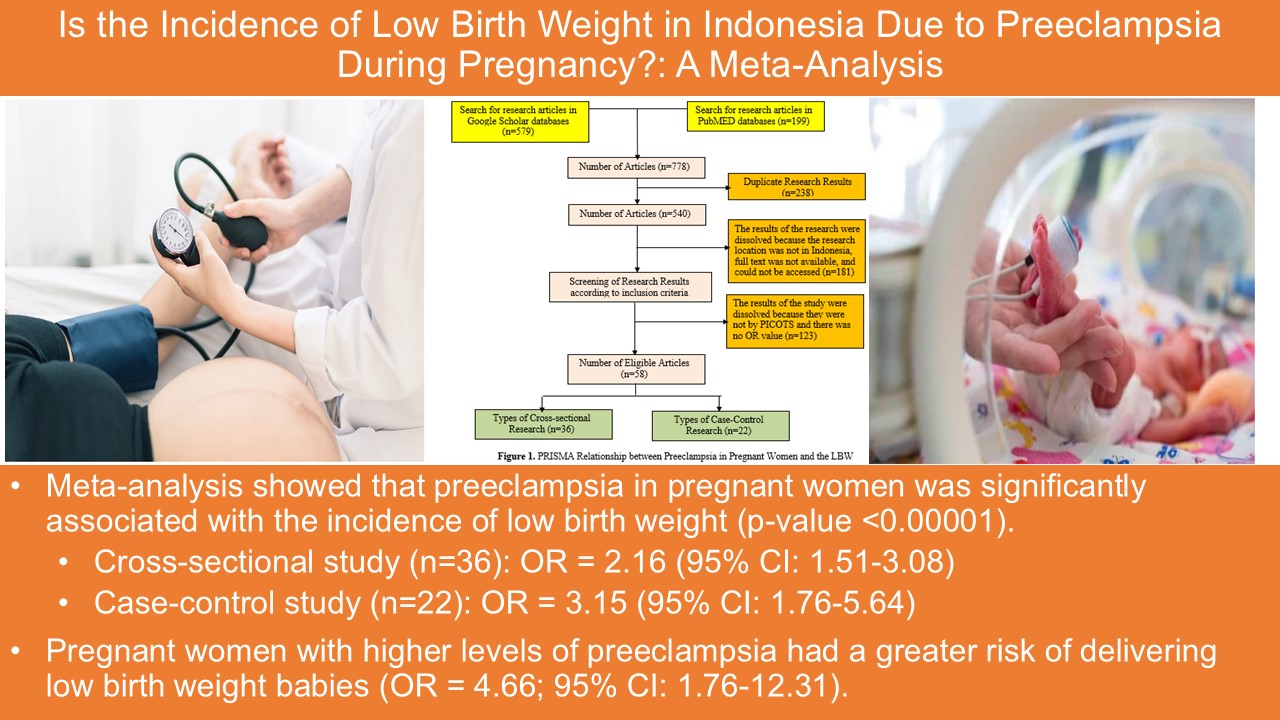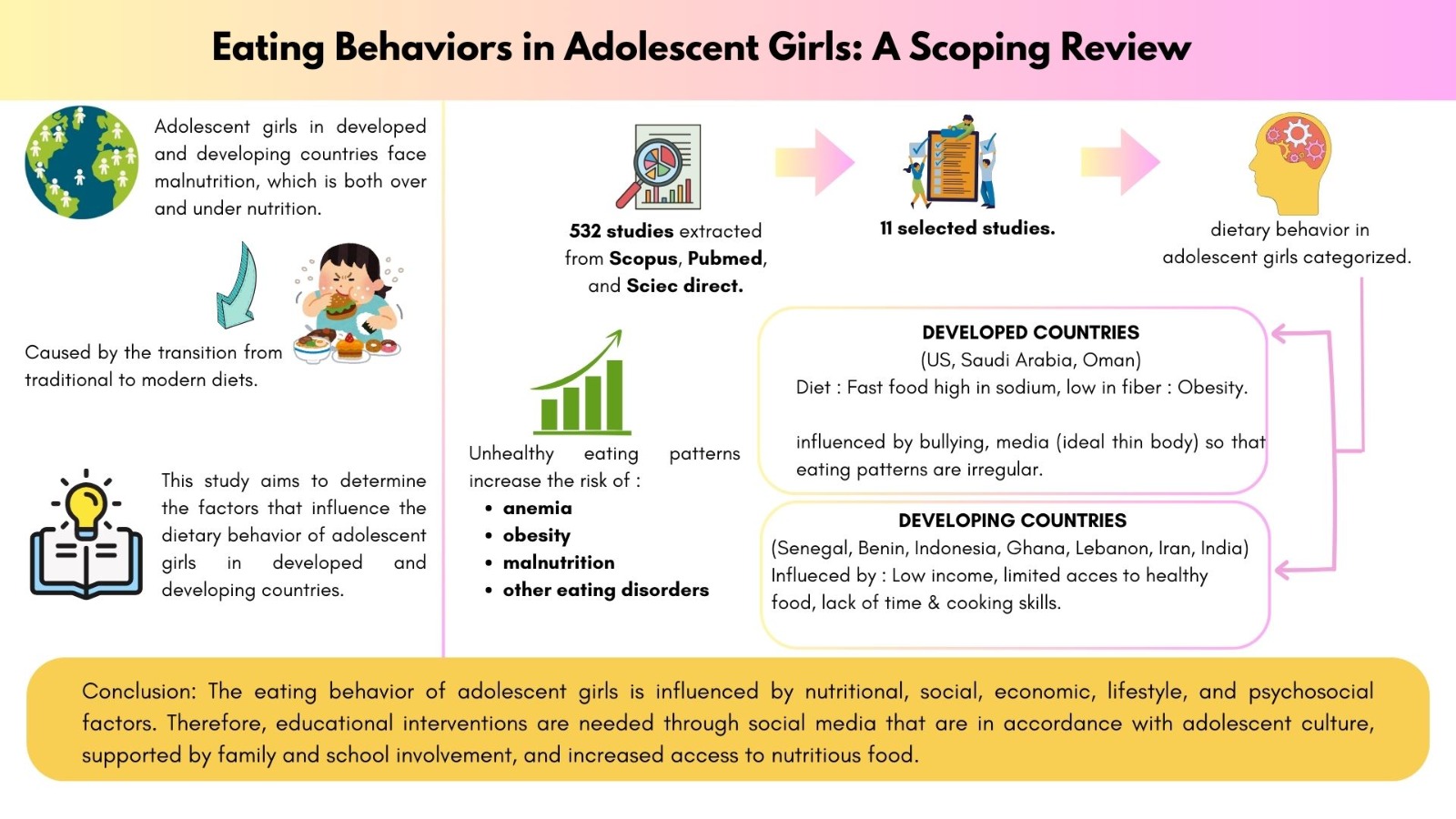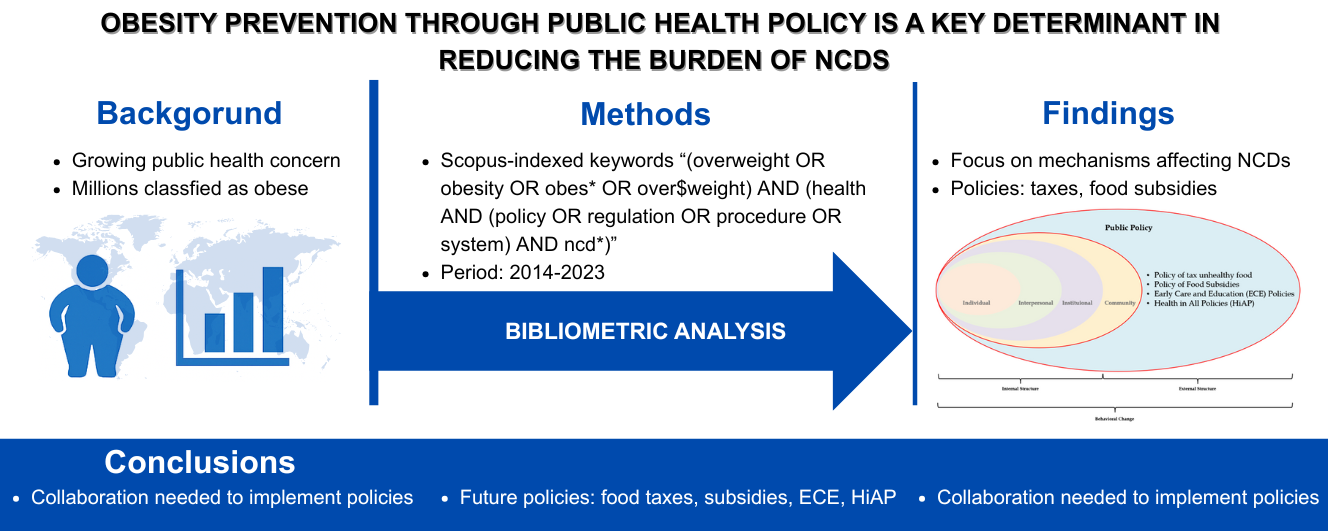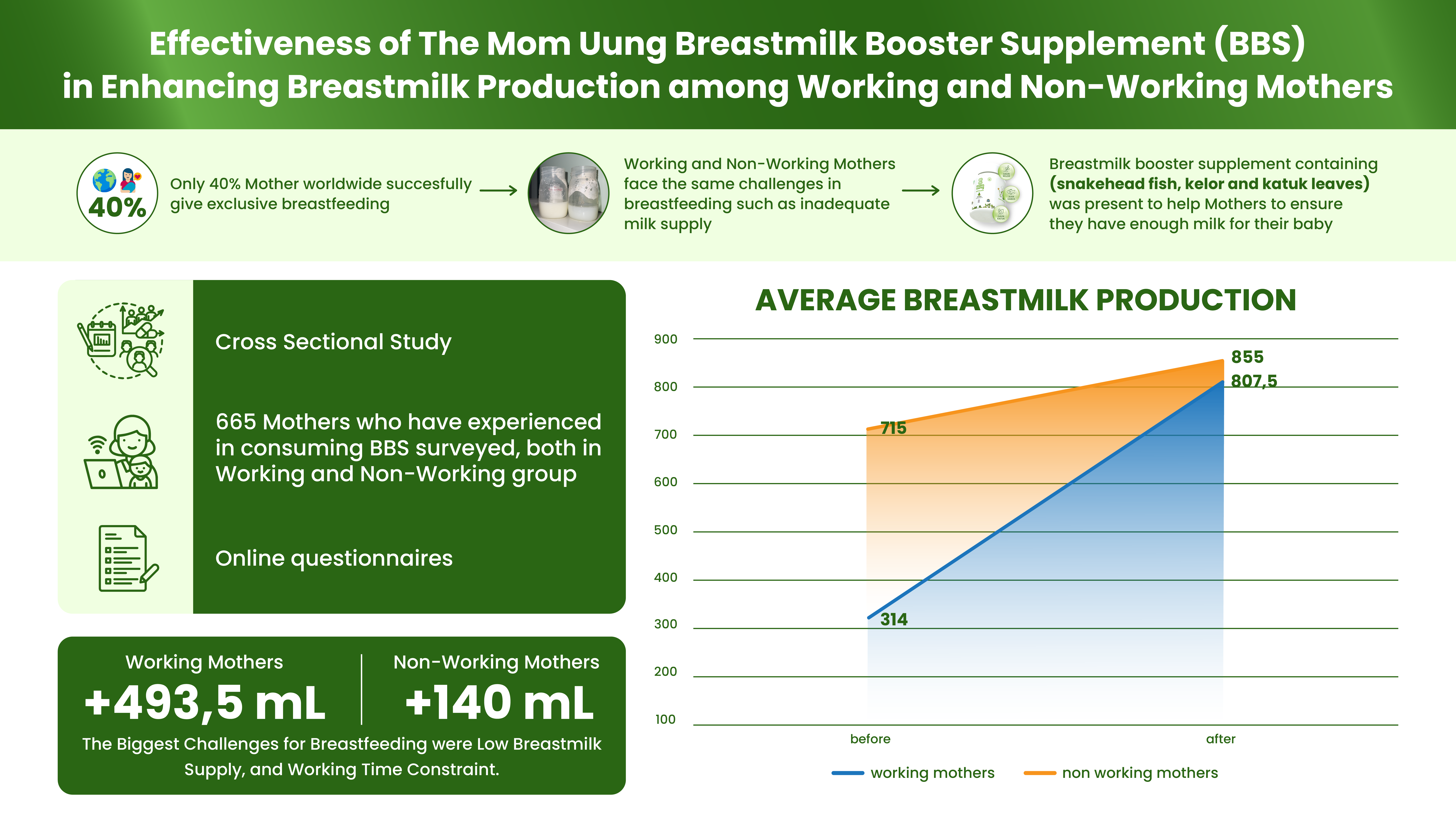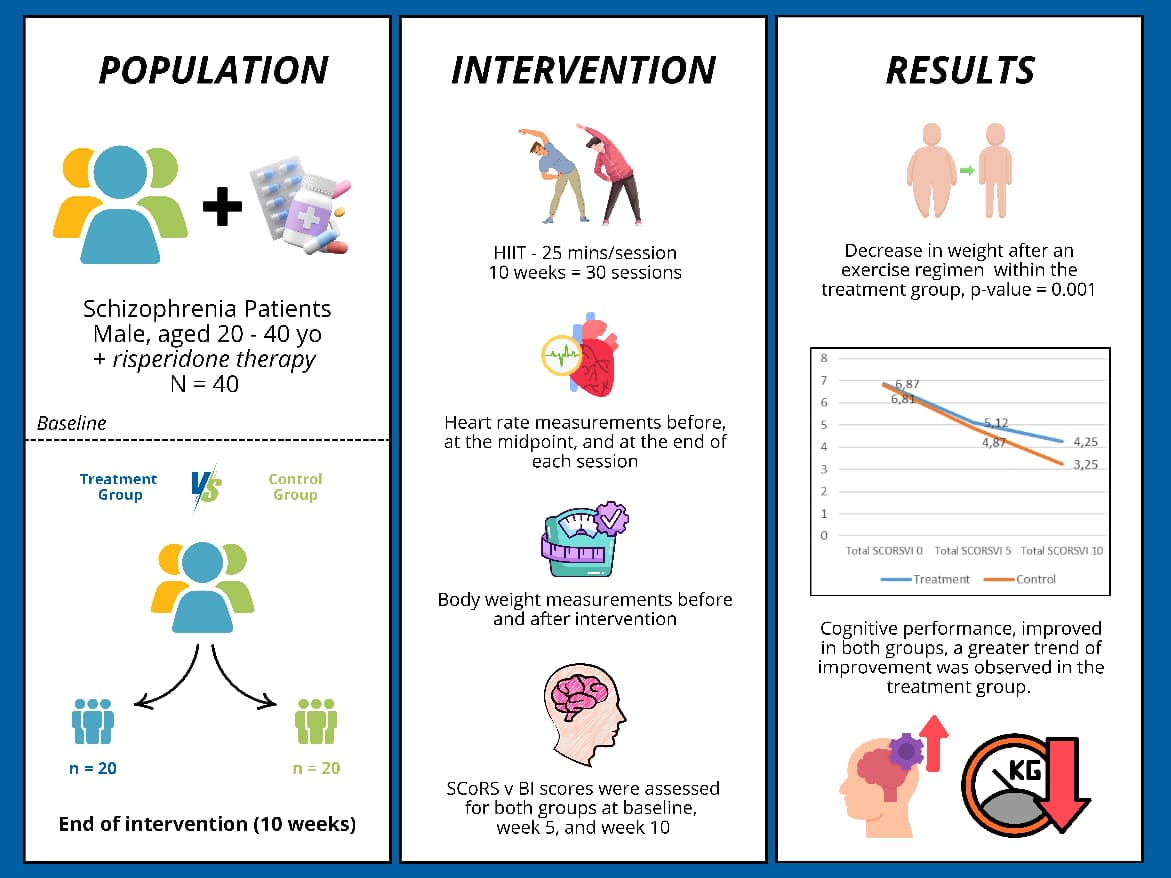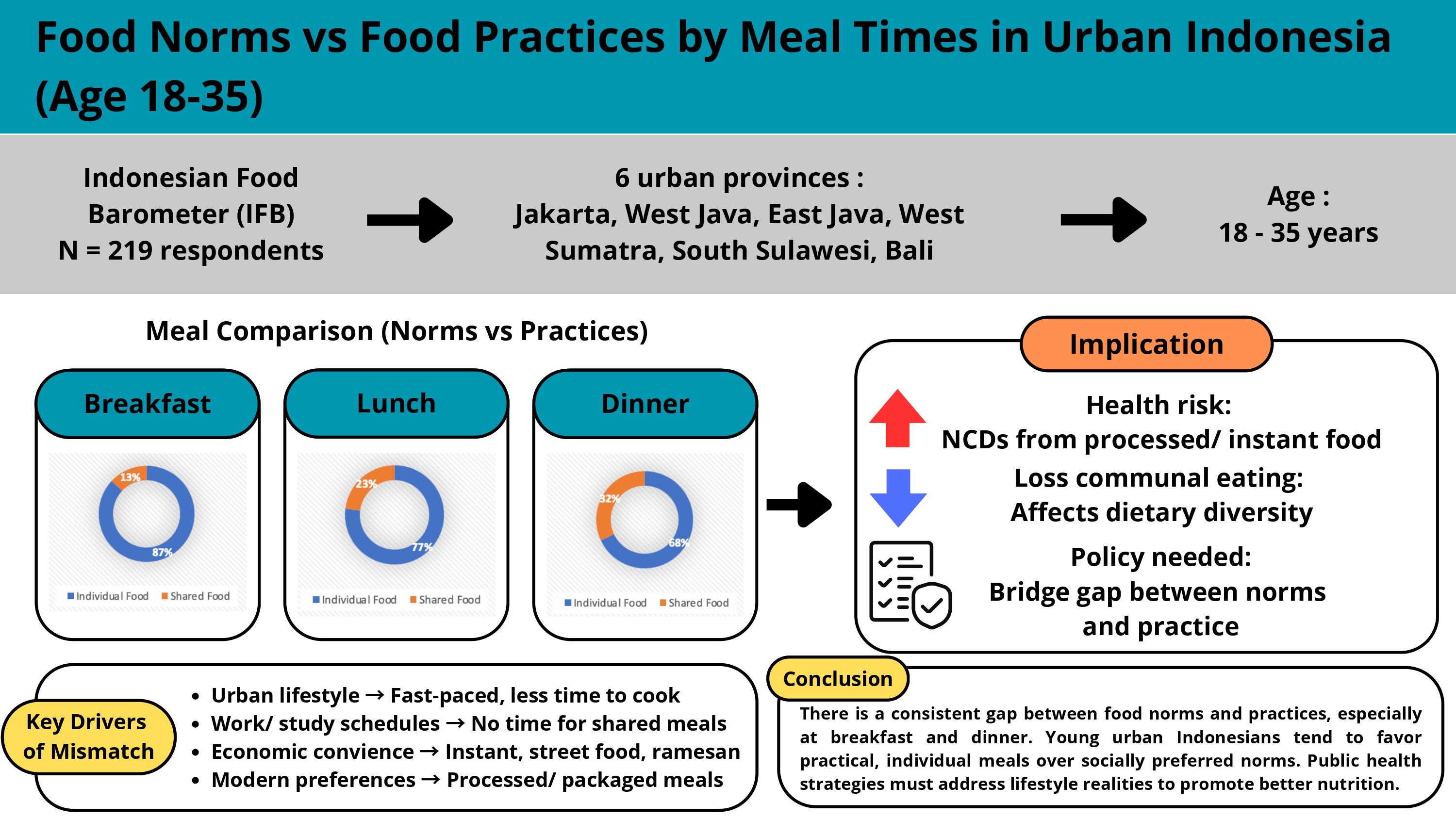ANXIETY, DEPRESSION, MACRONUTRIENT INTAKE AND NUTRITIONAL STATUS OF CANCER SURVIVORS LIVING IN SHELTER HOUSES AFTER CHEMOTHERAPY: A CROSS-SECTIONAL STUDY
Downloads
Depression and anxiety are common in cancer patients due to metabolism alteration and the side effects of chemotherapy. These mental health problems could be even worse in patients with low economy status and living in shelter houses. The aim of the research was to analyze the relationship of anxiety, depression, and macronutrient intake with nutritional status in cancer survivors undergoing chemotherapy at shelter houses. A total of 42 cancer patients aged 40-60 years old at shelter houses was recruited using consecutive sampling under a cross-sectional study design. Anxiety and depression data were taken using the Hospital Anxiety and Depression Scale (HADS) questionnaire, while energy, protein, fat, and carbohydrate data intakes were using Semi-Quantitative Food Frequency Questionnaire (SQ-FFQ). The nutritional status data was examined based on Mid Upper Arm Circumference (MUAC). The data were analyzed using Pearson and Rank Spearman tests. Results of the study indicate that there were significant relationships between energy (p=0.040; r=0.318) and fat (p=0.001; r=0.490) with nutritional status. However, there was no relationship between anxiety and depression with macro-nutrient adequacy; also protein and carbohydrate intake with nutritional status. Anxiety and depression with nutritional also did not relate as evidenced by the value (p>0.05). To sum up, although there were no correlations between anxiety and depression with nutritional status, correlations occurred between energy and fat with nutritional status. Further research is suggested to analyze variables underlying anxiety and depression such as family support, stage, duration of diagnosis and frequency of chemotherapy so that these variables can be controlled.
Alemayehu, M., Deyessa, M., Medihin, G., Fekadu, A. (2018). A descriptive analysis of depression and pain complaints among patients with cancer in a low income country. Plos One. 13 (3): 1-14. e0193713. doi: 10.1371/journal.pone.0193713
Alagizy, H. A., Soltan, M. R., Soliman, S. S., Hegazy, N .N., Gohar S. F. (2020). Anxiety, depression and perceived stress among breast cancer patients: single institute experience. Middle East Current Psychiatry. 27(29):1-10. doi: 10.1186/s43045-020-00036-x
Adipo, S., Jumaini, Damanik, S. R. H. (2015). Hubungan Dukungan Keluarga Dengan Tingkat Kecemasan Pasien Yang Menjalani Kemoterapi Di Ruang Anyelir RSUD Arifin Achmad Provinsi Riau. Jurnal keperawatan Universitas Riau, 2(1).
Alkan, Åž. B., Artaç, M. and Rakıcıoğlu, N. (2018) ‘The Evaluation of Relationship Between Malnutrition, Quality of Life and Depression in Cancer Patients Treated with Chemotherapy', Clinical and Experimental Health Sciences, 8(4), pp. 237–245.
Aly, H. Y. , ElLatief, A. A. E. A., Mohamed, A. E. S. (2017). Depression and Anxiety among Females with Breast Cancer in Sohag University: Results of an Interview Study. Remedy Publications LLC. 2:1–7. doi: 324731824
Darmawan, A. R. F., Adriani, M. (2019). Status Gizi, Asupan Energi dan Zat Gizi Makro Pasien Kanker yang Menjalani Kemoterapi di RUMKITAL Dr. Ramelan Surabaya. Amerta Nutrition. 3(3):149–157. doi: 10.2473/amnt.v3i3.2019.149-157.
Bardwell, W. A., Fiorentino, L. (2012). Risk factors for depression in breast cancer survivors: An update. International Journal of Clinical and Health Psychology. 12(2):311–331.
Bojková, B., Winklewski, P. J., and Wszedybyl-Winklewska, M. (2020). Dietary fat and cancer”which is good, which is bad, and the body of evidence. International Journal of Molecular Sciences. 21(11): 4114. doi:10.3390/ijms21114114
Boucher, J., Lucca, J., Hooper, C., Pedulla, L., Berry, D. L. (2015). A structured nursing intervention to address oral chemotherapy adherence in patients with non-small cell lung cancer. Oncology Nursing Forum. 42(4):383–389. doi: 10.1188/15.ONF.383-389.
Coleman, R. L. (2005) ‘Depression, correlates of depression, and receipt of depression care among low-income women with breast or gynecologic cancer', Women's Oncology Review, 5(4), pp. 227–228. doi: 10.1080/14733400500320178.
Dewi, N. N. A., Aryawan, I. M.. (2017). Frekuensi kemoterapi dapat menurunkan asupan zat gizi dan status gizi pada pasien kanker payudara di ruang perawatan kelas III RSUP Sanglah Denpasar. Jurnal Skala Husada. 14(1):1–2.
Endang, S. W. (2020) ‘The Relationship of Characteristics and Nutrient Intake with Nutritional Status in Cancer Patients Undergoing Chemotherapy', Journal of Public Health, 3(2), pp. 139–153.
Gebremedhin, T. K., Cherie, A., Tolera, B. D., Atinafu, B. T., Demelew, T. M. (2021). Prevalence and risk factors of malnutrition among adult cancer patients receiving chemotherapy treatment in cancer center, Ethiopia: cross-sectional study. Heliyon. 7(6):1-6. doi: 10.1016/j.heliyon.2021.e07362.
Handayani, D., Anggraeny, O., Dini, C. Y., Kurniasari, F. N., Kusumastuty, I., Permataningtyas K., et al. (2015.) Nutrition Care Process (NCP). Yogyakarta: Graha Ilmu.
Jou, J., Coulter, E., Roberts, T., Binder, P., Saenz, C., McHale, M., et al. (2020). Assessment of malnutrition by unintentional weight loss and its implications on oncologic outcomes in patient with locally advanced cervical cancer receiving primary chemoradiation. Gynecologic Oncology. 160(3): 721-728. doi: 10.1016/j.ygyno.2020.12.009.
Kementrian Republik Indonesia (2014) ‘JKN Menjamin Pemeriksaan Deteksi Dini Kanker Leher Rahim dan Kanker Payudara'.
Norman, K., Stobaus, N., Gonzales, M. C., Schulzke, J. D., Pirlich, M. (2011). Hand grip strength: Outcome predictor and marker of nutritional status. Clinical Nutrition. 30(2):135–142. doi: 10.1016/j.clnu.2010.09.010.
Rudy, M., Widyadharma, P. E., Oka Adnyana, I. M. (2015). Reliability indonesian version of the hospital anxiety and depression scale (HADS) of stroke patients in sanglah general hospital denpasar. Researh Gate. 2015;2(July):1–23. 10.13140/RG.2.1.3604.5928.
Suwistianisa, R., Huda, N., Ernawaty, J. (2015). Faktor-Faktor Yang Mempengaruhi Tingkat Depresi Pada Pasien Kanker Yang Dirawat Di Rsud Arifin Achmad Provinsi Riau. Jurnal Online Mahasiswa Program Studi Ilmu Keperawatan Universitas Riau. 2(2):1463-1473.
van der Werf A., Arthey, K., Hiesmayr, M., Sulz, I., Schindler, K., Laviano, A., et al. (2018). The determinants of reduced dietary intake in hospitalised colorectal cancer patients. Supportive Care in Cancer. 26(6):2039–2047. doi: 10.1007/s00520-018-4044-1.
Zaenudin, Dewi, M. and Effendi, Y. H. 2012. Hubungan Antara Asupan Asam Lemak Trans Dengan Persen Lemak Tubuh Dan Status Gizi Pada Orang Dewasa di Kabupaten dan Kota Bogor. Jurnal Gizi dan Pangan. 7(3):157–162. doi: 321969997.
Copyright (c) 2022 Media Gizi Indonesia

This work is licensed under a Creative Commons Attribution-NonCommercial-ShareAlike 4.0 International License.
- MEDIA GIZI INDONESIA Journal is the copyright owner of all materials published on this website.
- The formal legal provisions for access to digital articles of this electronic journal are subject to the terms of the Creative Commons Attribution-NonCommercial-ShareAlike license (CC BY-NC-SA 4.0), which means that MEDIA GIZI INDONESIA Journal and readers reserve the right to save, transmit media / format, manage in database, maintain, and publish articles as long as it continues to include the name of the Author.
- Printed and published print and electronic manuscripts are open access for educational, research and library purposes. In addition to these objectives, the editorial board shall not be liable for violations of copyright law.


2.png)















